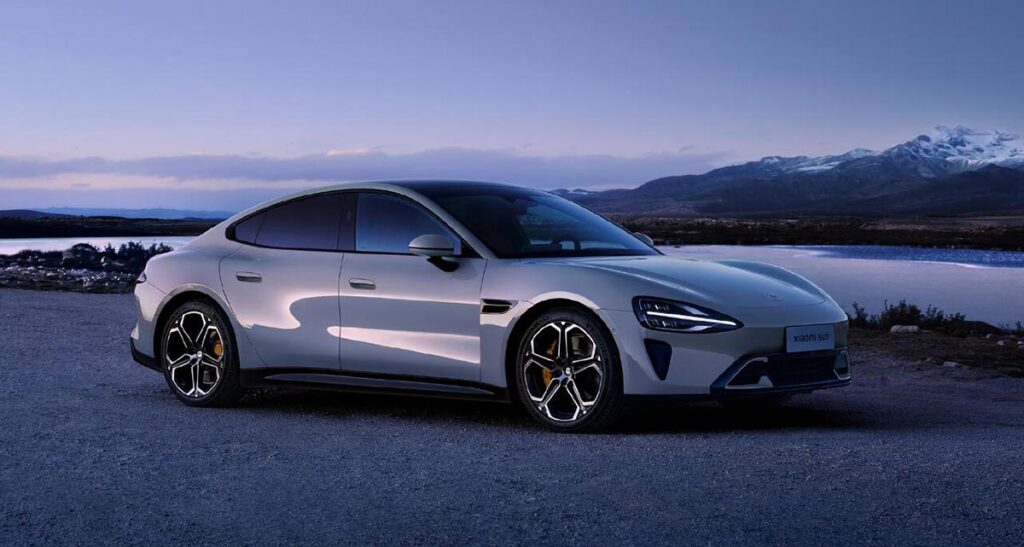“There is no SU5 at the moment, and no EREVs in the coming years,” Xiaomi EV said.

(Image credit: Xiaomi EV)
Xiaomi EV, the car-making arm of Chinese smartphone giant Xiaomi, has said it will not launch extended-range electric vehicle (EREV) models in the coming years, denying a report from a few months ago.
“We are currently focused on the Xiaomi SU7, the first model on the Modena platform. We are determined to invest ten times as much and seriously build a good car,” Xiaomi EV said today in the last part of its 100 Q&As.
“There is no SU5 at the moment, and no EREVs in the coming years,” Xiaomi EV said.
On October 5, local media outlet 36kr reported that Xiaomi EV will develop EREVs, which had already been planned.
Xiaomi is pushing ahead with the development of multi-generation vehicle platforms, with the first-generation model set to hit the market in 2024 and the second-generation model planned for 2025, the report said, citing people familiar with the matter.
Judging from the current progress, the launch of its EREV models could come after the second-generation platform, according to the report.
Compared to battery electric vehicles (BEVs), plug-in hybrids (PHEVs) — including EREVs — are seen as free of range anxiety, and therefore more acceptable to the average consumer, and therefore have more room in the market.
The best-known Chinese automaker in the EREV space is Li Auto (NASDAQ: LI), which delivered a record 50,353 vehicles in December and 376,030 for the full 2023 year.
EV startups Leapmotor as well as Neta both currently offer EREVs, with Leapmotor seeing a significant uptick in sales after it began offering such models.
Xiaomi EV gave the Xiaomi SU7 its debut at a tech launch event on December 28 and announced some of the model’s specifications, but did not reveal any pricing information.
When everything is ready, Xiaomi EV will announce the official launch date of the Xiaomi SU7 through official channels, the company said in the Q&A today.
Xiaomi EV is also preparing for its participation in the Beijing auto show, it said.
The Beijing auto show will be held from April 25 to May 4, 2024, which will mark the event’s re-launch after a four-year hiatus. The last Beijing auto show was originally planned for April 21-April 30, 2022, but was canceled due to Covid concerns.
The Xiaomi SU7 Max is powered by Xiaomi’s own 800 V silicon carbide high-voltage platform, which reaches a maximum voltage of 871 V, the company said.
This allows the Xiaomi SU7 Max to get 220 kilometers of range on a 5-minute charge, 510 kilometers of range on a 15-minute charge, and charge from 10 percent to 80 percent in 20 minutes, it said.
The Xiaomi SU7 Max is powered by a 101-kWh battery with a CLTC range of up to 800 km. Its standard version is powered by a 73.6-kWh battery with a CLTC range of up to 668 km, the company said.
Xiaomi’s smart driving team has exceeded 1,000 people in size, with more than 200 test vehicles and more than 10 million kilometers of testing so far, it said.
($1 = RMB 7.1749)
Xiaomi EV says ultimate goal to get its cars on every street in the world

